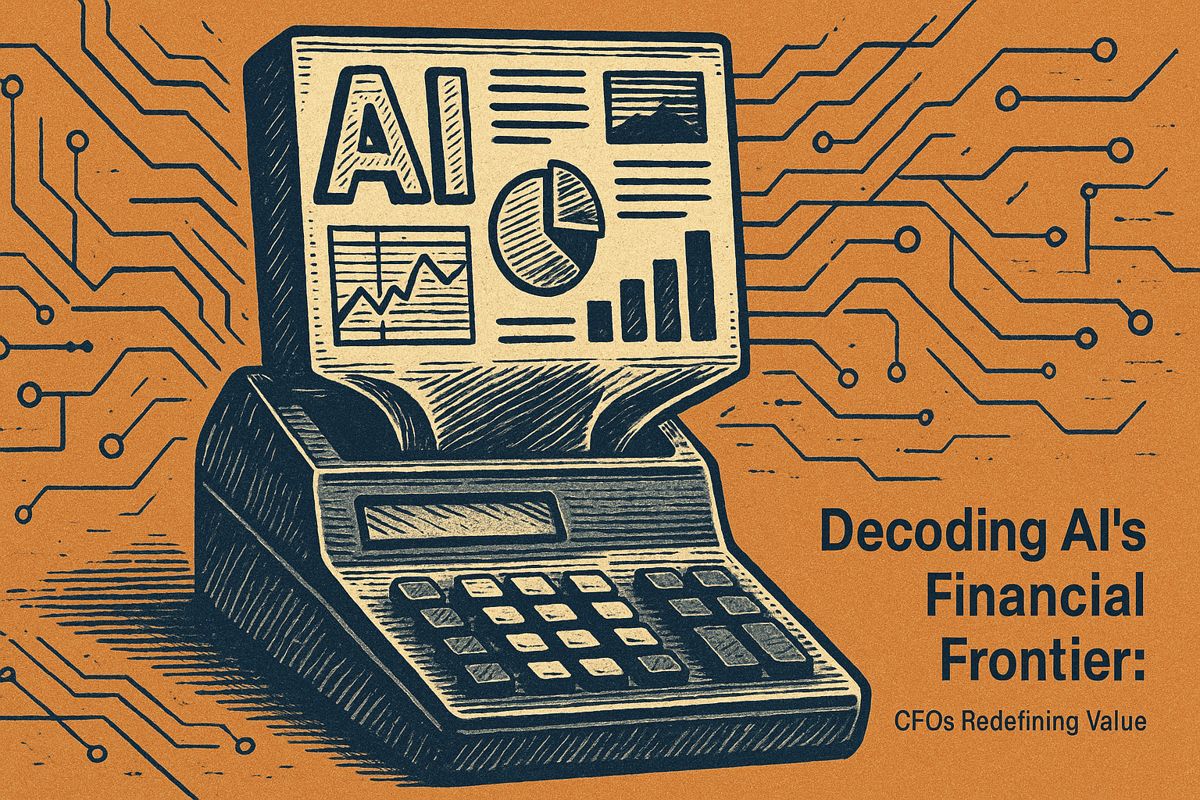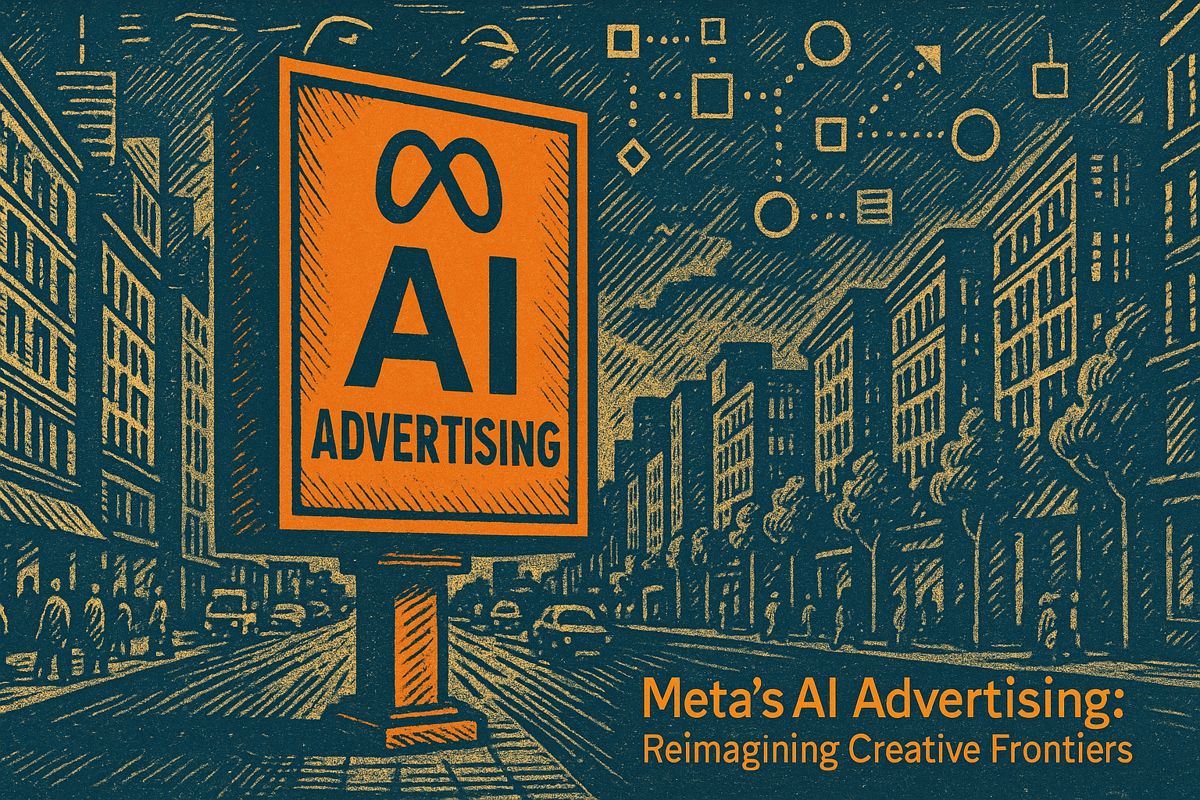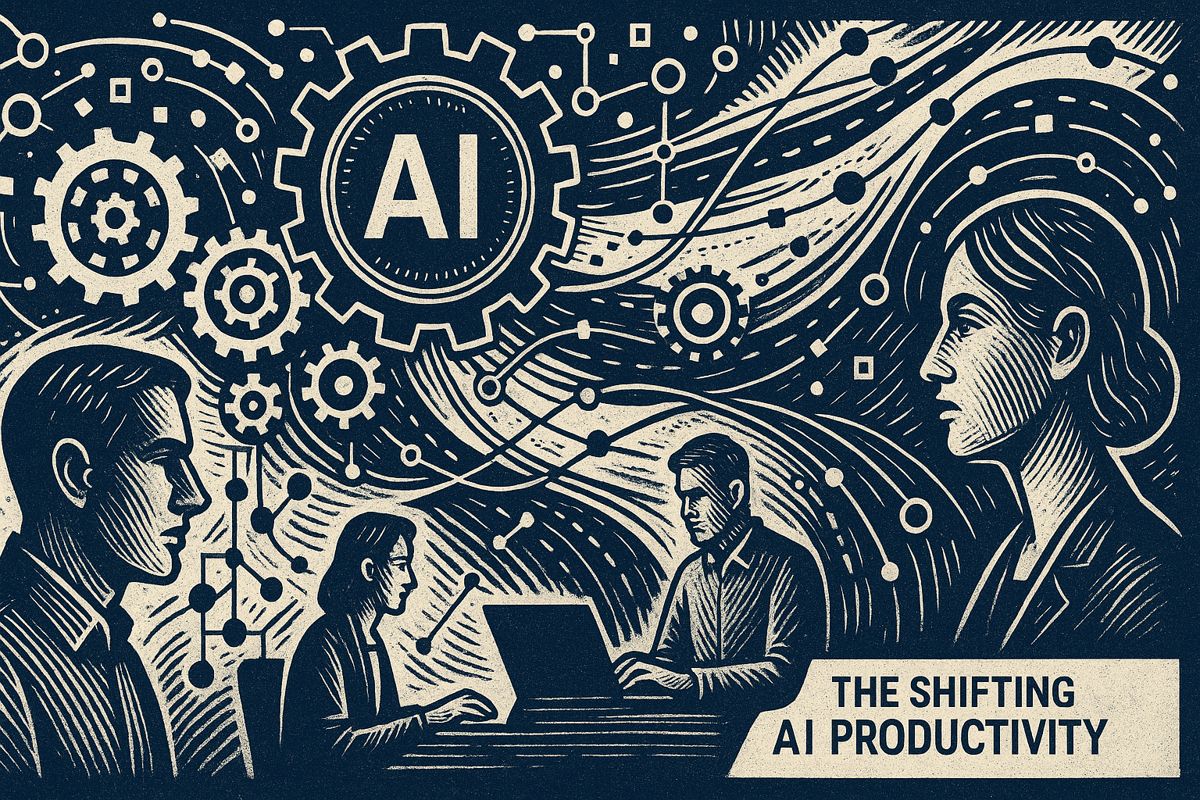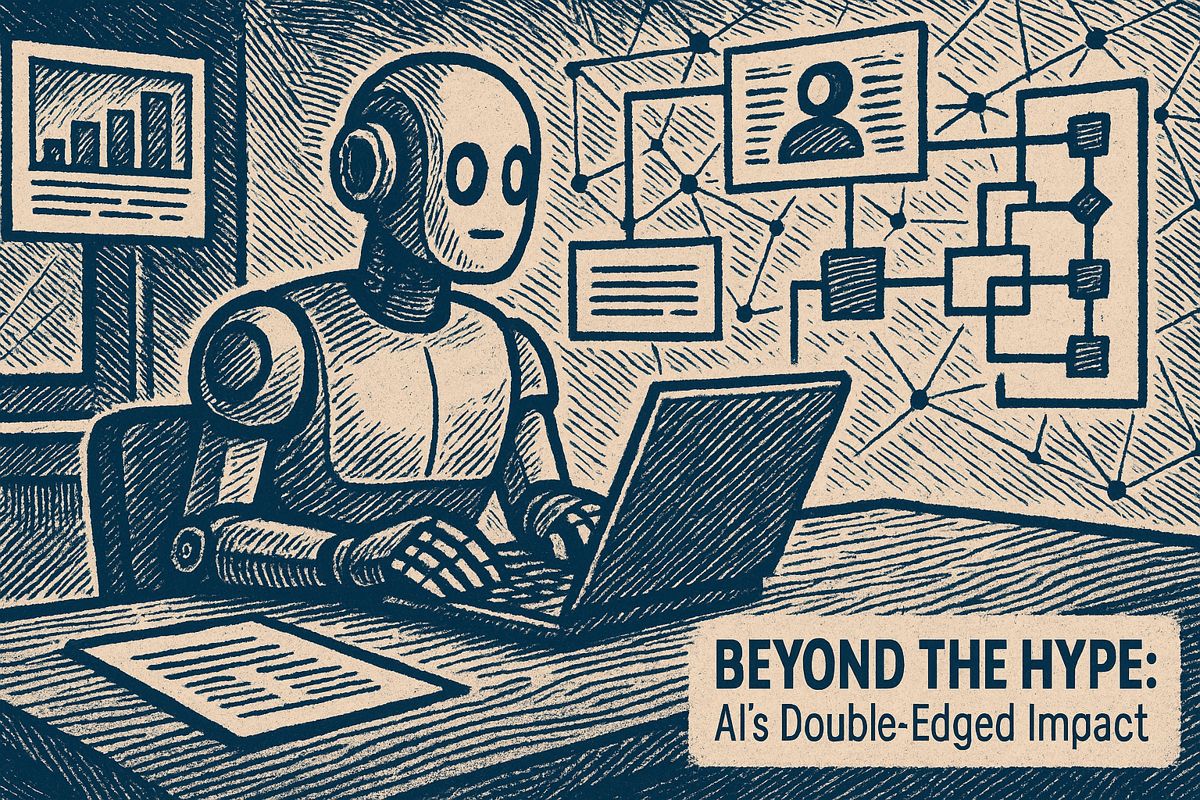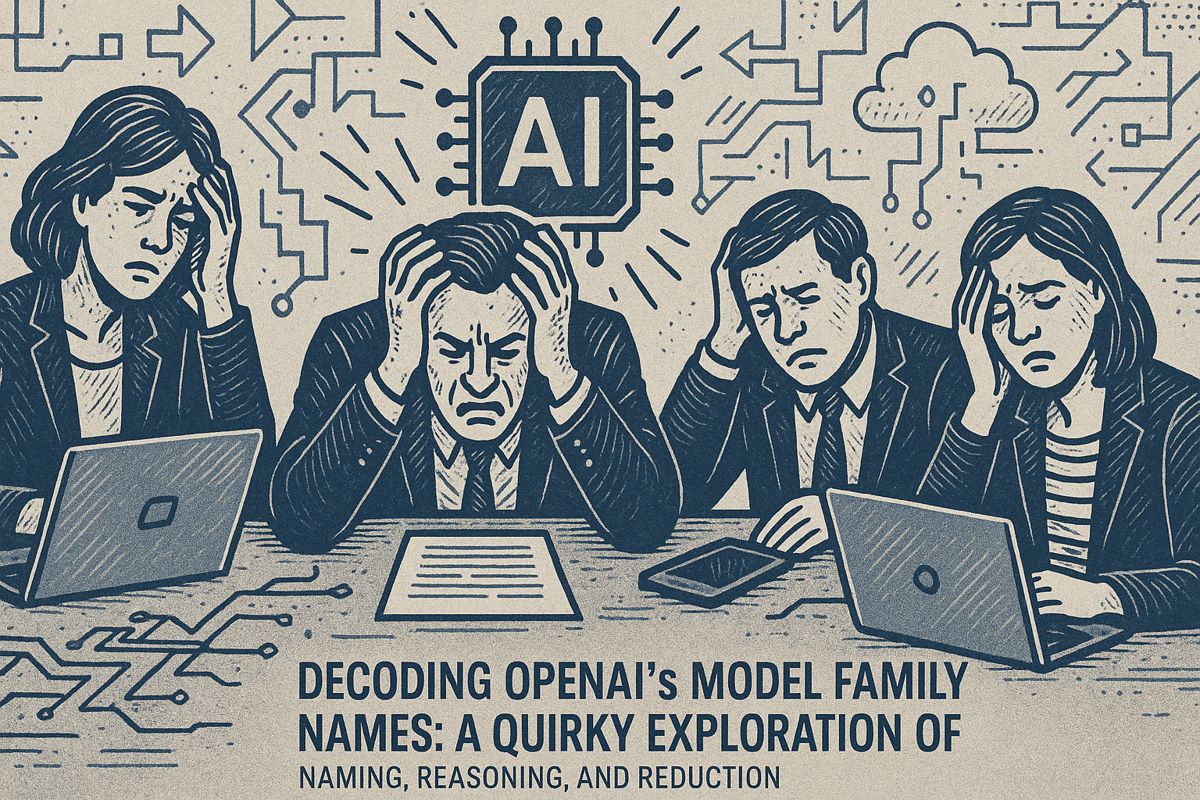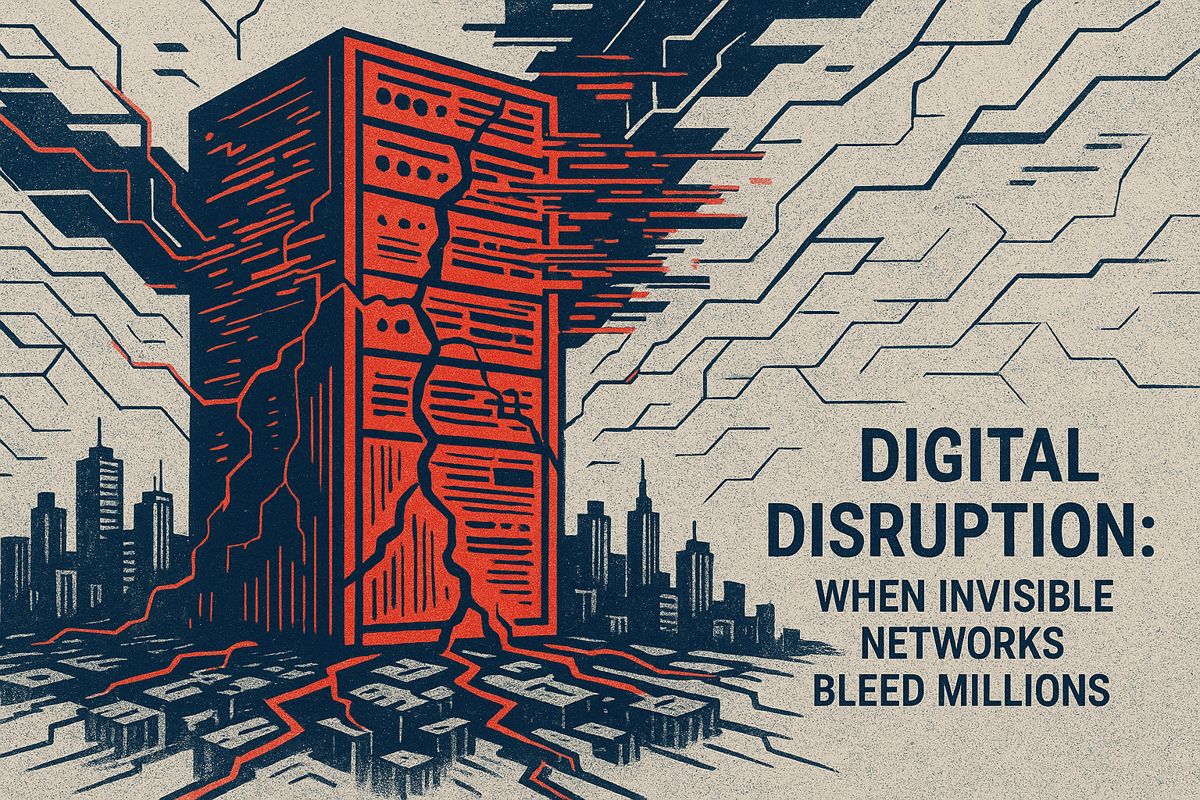AI is transforming finance by turning CFOs into tech-savvy strategists who use advanced algorithms to uncover hidden insights. Large companies are now investing heavily in AI technologies, with over 52% creating dedicated teams to explore these powerful tools. The transformation is shifting finance from traditional number-crunching to a more dynamic, predictive approach. Machine learning can detect complex financial patterns humans might miss, making financial analysis smarter and more efficient. This technological revolution is reshaping how businesses understand and manage their financial strategies.
How Is AI Transforming the Role of Chief Financial Officers?
AI is revolutionizing finance by automating repetitive tasks, enhancing data analytics, and enabling more sophisticated forecasting. Over 52% of large enterprises now have dedicated generative AI teams, with CFOs investing heavily in technologies that uncover hidden insights and streamline financial processes.
A Strange New World for Finance Chiefs
I’ll confess: I never thought I’d see the day when the CFO—a role once synonymous with spreadsheets, lukewarm coffee, and the comforting clack of a ten-key—would become the pilot of a hyperspectral transformation. But here we are in 2024, and finance is humming with the nervous energy of an orchestra tuning up for a movement none of us have heard before. If you listen closely, you can almost smell the sharp tang of ozone from overclocked servers, or perhaps that’s just my imagination. Either way, the zeitgeist is unmistakable: AI has crashed the party, and the chief financial officer is suddenly its master of ceremonies.
Let’s get specific. In the latest surveys from Deloitte and The Wall Street Journal, a slim majority—precisely 52%—of enterprises clocking more than $500 million in annual revenue now boast dedicated generative AI teams. That’s not a footnote; it’s a tectonic shift. Remember when “digital transformation” was just a line item for Q4? Now, it’s more like a palimpsest: each new algorithm rewriting yesterday’s best practice in ghostly ink.
But the shape of adoption is as inhomogeneous as a Jackson Pollock. About 21% of firms are building their own proprietary AI platforms, customizing solutions like a tailor fussing over the perfect inseam. Yet 32%—and here’s the rub—are content to plug in third-party AI tools, as if off-the-shelf genius comes shrink-wrapped. The rest, I suspect, are somewhere on the spectrum from “blissfully unaware” to “waiting for the next Gartner report.” Is there a right answer? That’s the question I found myself scribbling in the margins—sometimes, I admit, with a touch of sarcasm.
Why CFOs Are Betting the Balance Sheet on Intelligence
It’s tempting to see all this as a fever dream of consultants. But CFOs aren’t just shuffling budget lines to look busy. Over 60% plan to ramp up AI investments in the next year. What’s the play? Not simply penny-pinching, though that’s an old favorite. The real allure is the promise of creative destruction: using machine intelligence to unearth new value propositions, not just streamline the monthly close.
Last month, during a particularly grueling quarter-end, I watched a colleague use an AI-powered anomaly detection tool (SAP HANA, if you’re curious) to sniff out a buried reconciliation error that would have taken a human analyst hours. The tool flagged a pattern faster than you could say “Sarbanes-Oxley.” I felt a pang of envy—followed by relief. Maybe the robots aren’t here to replace us, just to hand us a better flashlight.
But let’s not be too sanguine. The texture of this transformation is granular: AI’s first big wins are in automating the dreary, repetitive stuff—invoice processing, report generation, forecasting with less hand-waving. It’s as if the back office, long a sepulcher of manual toil, is being jolted awake by an electric current. Yet something more interesting is happening in data analytics. Machine learning models are surfacing relationships hidden deep in the numbers, like a truffle pig sniffing through a forest floor. Suddenly, forecasting isn’t just about extrapolating last year’s sales—it’s about probabilistic insight, scenario planning, and what-if symphonies.
Risks, Roadblocks, and a Few Human Scrapes
Of course, even the boldest AI evangelist will admit that implementation is a Sisyphean affair. The real headaches? Convincing teams to swap their familiar habits for a silicon co-pilot. In one memorable meeting, our controller—a notorious spreadsheet purist—grimaced at the mention of process automation. “Will this thing know how to handle a late vendor invoice from Minsk?” he asked, only half-joking. I had to stop and ask myself: have I underestimated the inertia of corporate culture? (Spoiler: I had. But I’m learning.)
Then there’s the ROI riddle. While the potential of AI gleams like a klieg light, CFOs are still wrestling with the question: is this a cost center or a value generator? Tangible metrics are hard to pin down, at least at first blush. And don’t get me started on cybersecurity—a breach in an AI-driven system isn’t just embarrassing; it’s potentially catastrophic.
Emotionally, I oscillate between elation and a pinch of dread. The thrill of invention, sure—but also “ugh,” those moments when a pilot project unravels because the model can’t handle holiday-season anomalies. Every leap forward seems to trip over a stone or two.
Beyond the Buzzwords: Building Tomorrow’s Finance Org
So where do we go from here? There’s a growing consensus that AI isn’t a panacea—it’s more like a tricky instrument in need of virtuoso players. That’s why 28% of CFOs are doubling down on upskilling and reskilling, transforming bean counters into data whisperers. It’s a bet that the future belongs to those who can pair judgment with algorithmic prowess.
Risk management, too, is morphing. Advanced tools from the likes of Oracle and Workday now scan for operational, tax, and third-party risks in near-real time. It’s a bit like trading your old smoke detector for a hyperspectral early-warning system. Teams are sprucing up cybersecurity protocols and, crucially, learning to trust the machine—one wary step at a time.
And, as in any grand experiment, there will be pockets of resistance, awkward missteps, and the occasional facepalm. But that’s the cost of admission. Finance, once the land of the risk-averse, is now an improv stage—half Shakespeare, half Turing test.
Funny how the world turns, isn’t it? The AI CFO: part pragmatist, part pioneer, part accidental poet. And if you ask me, the story’s just getting interesting…

